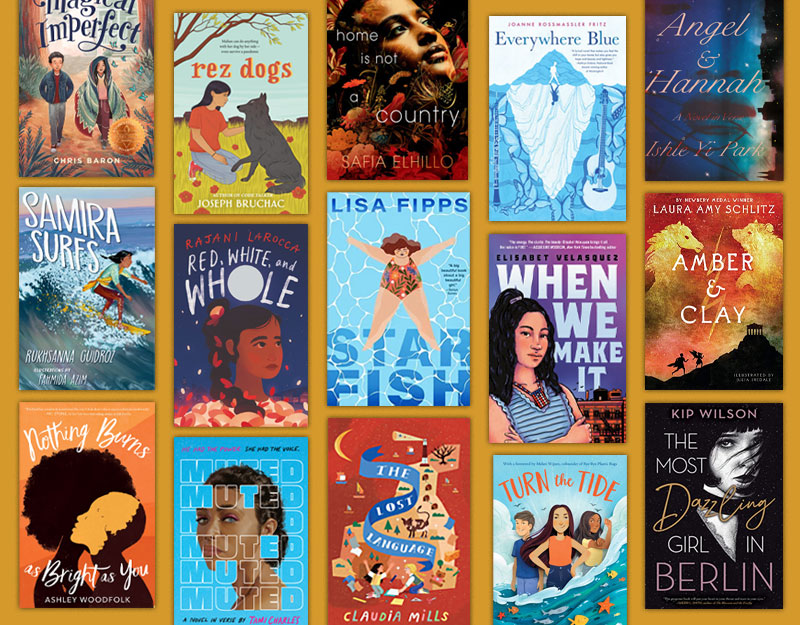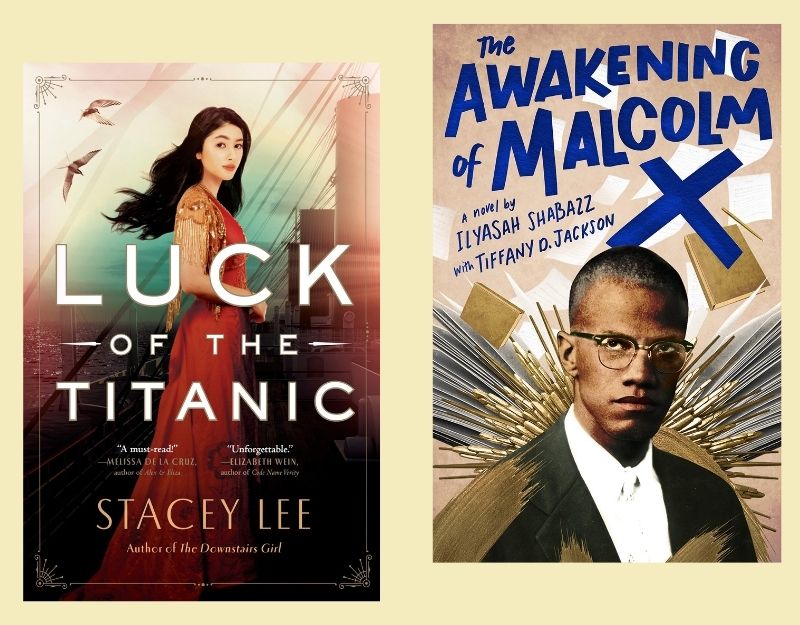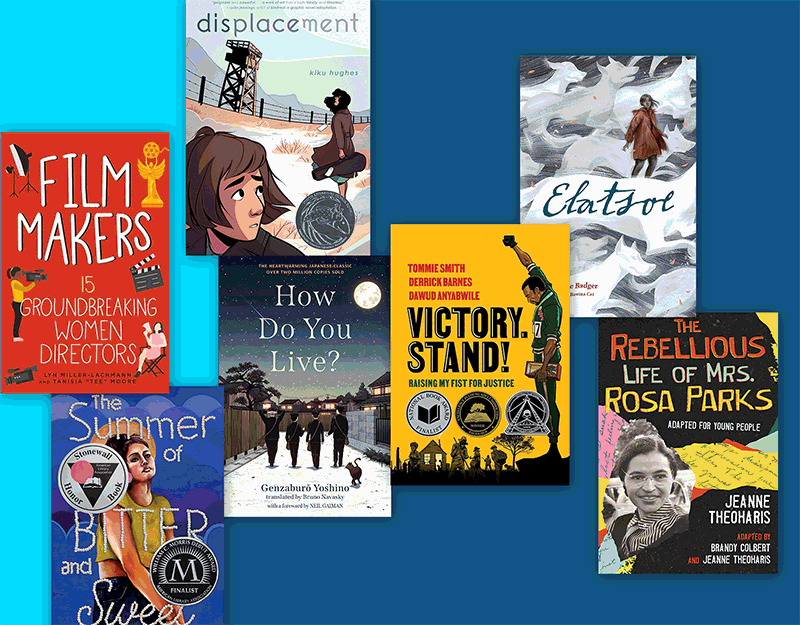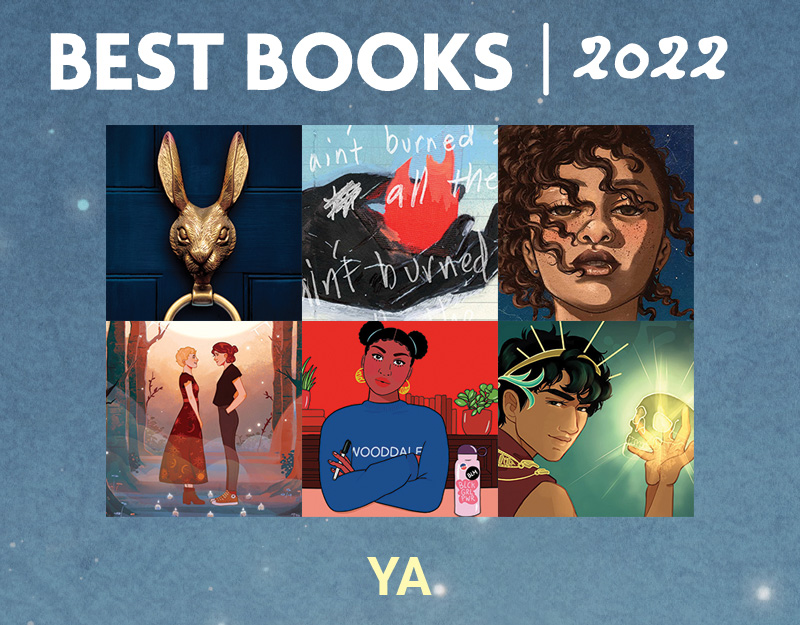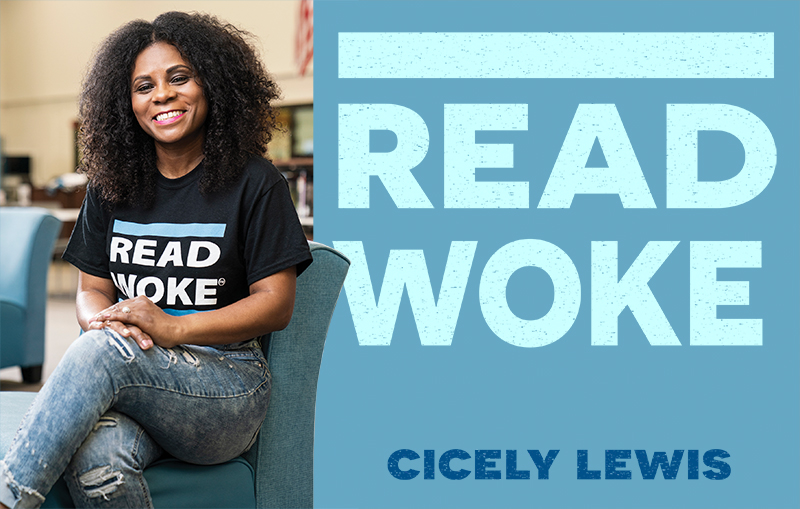#FSYALit Discussion: Vivian Apple at the End of the World by Katie Coyle
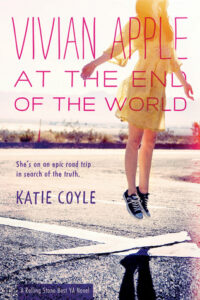 As part of our Faith and Spirituality in YA Lit Discussion, Ally Watkins and I decided we would both read several books and have joint discussions about them. Our first selection was Vivian Apple at the End of the World by Katie Coyle.
As part of our Faith and Spirituality in YA Lit Discussion, Ally Watkins and I decided we would both read several books and have joint discussions about them. Our first selection was Vivian Apple at the End of the World by Katie Coyle.
Ally’s Thoughts:
So, our plan in theory was good. Except Ally DNFed Vivian Apple. She found the concept intriguing, but the pacing was too slow for her and she just couldn’t keep reading.
ADVERTISEMENT
ADVERTISEMENT
Karen’s Thoughts:
This was a slow start for me as well, but I ended up really loving this book because I found the new world fascinating and could draw a lot of legitimate parallels to some of the very real world discussions we have about religion today and in history. I dogeared a ton of pages where I thought Coyle said really profound things about religion, belief, love, family, etc. I read the last chapter aloud to a friend I was sitting next to and we talked at length about this book. In addition, it had a lot of the “end of the world” elements that I like in a good end of the world scenario: there is the journey across country that allows you to see how others are responding to world events, there is the character growth as they learn to discern what is happening and how to appropriately respond to this new world scenario and adapt for survival, and there are the variety of characters you meet along the way which are in many ways made more interesting by giving this particular story some religious overtones.
What happens in Vivian Apple is fascinating: over time a new religion, the Church of America, has risen to power and proclaims that the rapture will happen on a certain date, leaving everyone else behind. And then the rapture does indeed appear to happen, leaving those behind to wrestle with this new world and their own personal losses. Those who had doubt and did not question said doubt now begin to question it. Slowly, chaos erupts as food resources become scarce and power vacuums are filled with believers that have a definite agenda. In all of this are fascinating examinations of faith and doubt, power, gender roles, the influence of the church over not only personal every day life but things like education and government, and consumerism. There are of course some interesting twists and turns along the way which both make the story an entertaining read but further illuminate some of today’s real world issues with a bit of side eye.
Vivian Apple also highlights some of the sins of the church, though in this case it is a made up church which is standing in for any number of churches that truly exist in our world today. People aren’t just cast out for their unbelief or sinful ways, they are set on fire, murdered in the street, punished for being unbelievers or worse. After being baptized believers are removed from public school because their teachings don’t agree with church teachings, and there is some great discussion in here about faith, reason and science.
But Vivian Apple is not necessarily anti-faith, as represented by a beloved teacher named Wambaugh. She provides a balance and voice in the midst of this chaos that reminds us that one faith isn’t necessarily more legitimate than another, but that you also can’t conflate all believers into one category. They’re not all violent or hateful, some of them choose a different faith path. She has a profound discussion with Vivian, who is surprised to learn that Wambaugh has any faith at all, about how she finds comfort and guidance in her belief system. Everything she says in this discussion is relevant and profound and moving to me. “It’s not up to me to tell you what you should believe in. That’s the thing you’ve got to figure out for yourself,” she says, which is of course one of the main parts not only of Vivian’s journey, but of all people every where, especially teenagers.

As I mentioned, there were a lot of interesting discussions in this book and I literally began turning down the pages to mark the places that I wanted to revisit (see the picture to the left). And I read parts of it out loud to a friend and we then had those fascinating discussions.
Some of My Favorite Quotes:
“The way we live our lives is not sustainable. I don’t just mean recycling and turning off the faucet while brushing your teeth. I mean the way we treat each other. The way we pick and choose whose lives are important – who we actually treat as human. There is nobody on this earth whose life is not of value. And that includes those of us who have been left behind. Maybe they did go to some Christian heaven. But what I’m saying is, we’re good people too. We’re worthwhile people. I’d vouch for every last one of you.”
“Don’t be the kind of person who sees groups instead of people.”
Simply profound. That is all.
At one point there is a discussion about whether or not Vivian’s parents were raptured:
“Let’s say they chose to hide in the desert instead. That still means they left me. My parents left me and chose a church instead. Can you explain that, please? Because I don’t understand.”
Although the scenarios are different, this idea resembles what we see happening in No Parking at the End Times by Bryan Bliss where the family sells all their possessions and literally becomes homeless waiting for the rapture to happen. In both scenarios the parents abandon parental responsibility, or in the case of Vivian it is one of the scenarios posited that her parents chose to abandon her.
“It was then that I realized: the scope of my parents’ vision for me had narrowed dramatically. Where once they must’ve stood over my crib and wondered what sort of woman I’d grow up to be, now they saw only a thin line between glory and damnation. And at the rate I was going, I was doomed. They loved me still. I could see all the fear and hope in their eyes as they waited for my response; I could see that they still stood just on the precipice of heartbreak. But they no longer believed in me.”
ADVERTISEMENT
ADVERTISEMENT
This crushed me as I read it, that moment when she realizes her parents stopped believing in her because she wasn’t choosing their faith. This made me think of all the teens I have worked with over the years who knew in one way or another that their parents no longer believed in them, that they didn’t get that unconditional love that they needed so very much from their parents.
On gender roles, one of the characters says,
“They got it, you know? That it is hard to figure out how to be the right kind of wife, the right kind of mother.”
As a wife and mother this really resonated with me in a way I suspect it won’t with most teenagers. But there is a lot of pressure on women to be the right kind of wife and mother, arguably more time is spent discussing motherhood then fatherhood as bloggers and news writers engage in what have frequently been referred to as the “mommy wars”.
Even recently when a news report came out about a man who was now raising his newborn baby with Down Syndrome alone because his wife had left I couldn’t help but think about how the expectations for women and wives and mothers is so much greater it seems than what we expect of our fathers. No less than 3 of my friends with special needs children were abandoned last year by husbands who left with new lovers while these mothers were left scheduling doctors appointments and navigating IEPs and medication but no one lauded them in the press because of this is what they did, they are mothers. We hold such very different standards for mothers than we do for fathers, which isn’t fair to either one quite frankly and hurts us all, mothers, fathers, and our children.
” . . . if I’ve learned anything at all in the last eight years of my life? It’s that people just like to tell themselves stories about where they came from. They can’t help themselves. They don’t trust the world around them – it’s too good for them, or not good enough – so they tell themselves stories about it. . . .You’re parents didn’t like their creation myth, that’s all.”
I just thought this was a really profound insight into the stories we tell about ourselves.
Publisher’s Book Description:
Seventeen-year-old Vivian Apple never believed in the evangelical Church of America, unlike her recently devout parents. But when Vivian returns home the night after the supposed “Rapture,” all that’s left of her parents are two holes in the roof. Suddenly, she doesn’t know who or what to believe. With her best friend Harp and a mysterious ally, Peter, Vivian embarks on a desperate cross-country roadtrip through a paranoid and panic-stricken America to find answers. Because at the end of the world, Vivan Apple isn’t looking for a savior. She’s looking for the truth.
Filed under: #FSYALit, Faith, Spiritual Life, Spirituality
About Karen Jensen, MLS
Karen Jensen has been a Teen Services Librarian for almost 30 years. She created TLT in 2011 and is the co-editor of The Whole Library Handbook: Teen Services with Heather Booth (ALA Editions, 2014).
ADVERTISEMENT
ADVERTISEMENT
SLJ Blog Network
Name That LEGO Book Cover! (#53)
Cover Reveal and Q&A: The One and Only Googoosh with Azadeh Westergaard
Exclusive: Vol. 2 of The Weirn Books Is Coming in October | News
Fighting Public School Book Bans with the Civil Rights Act
ADVERTISEMENT



